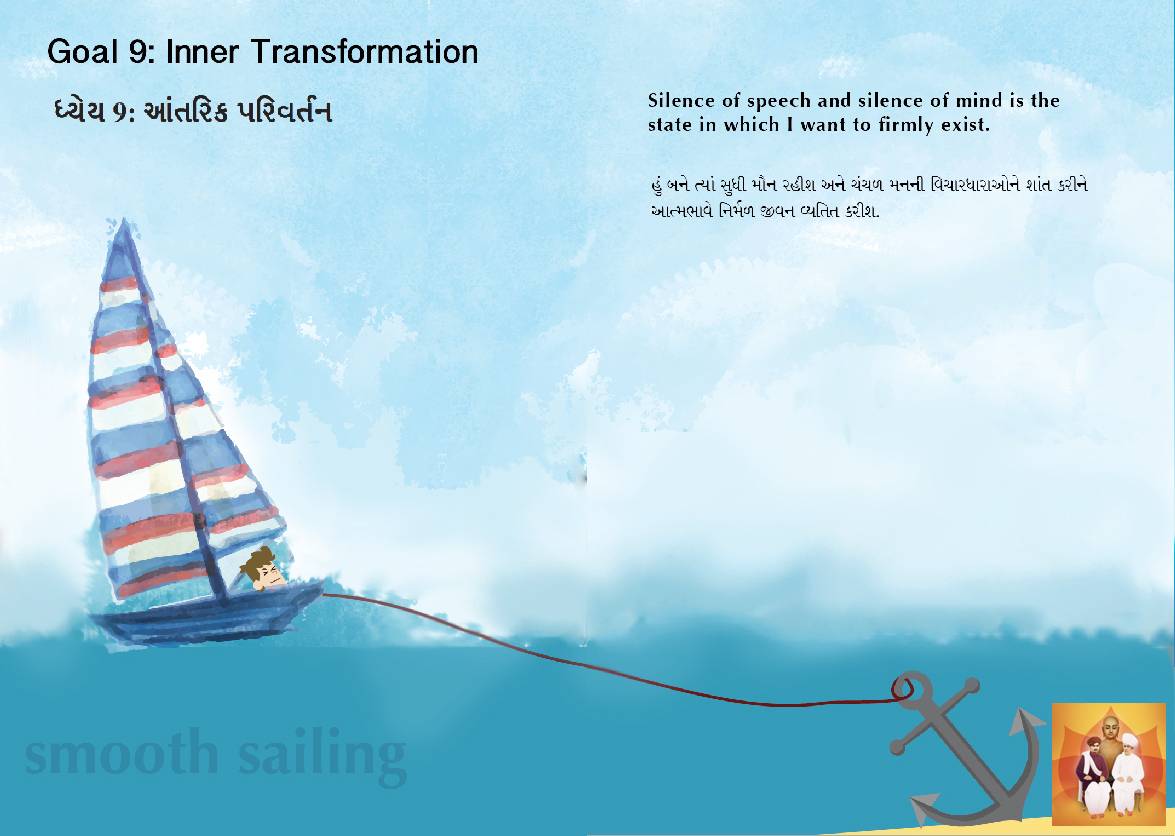Each of us needs to reduce our use of fossil fuels - direct and indirect. How can we do this? Here are 20 steps that would make a big difference.
1. Be open to change! It won’t help if we ignore the problem, and leave it to others to make changes. Find out what you can do, encourage others, and remain optimistic!
2. Reduce air travel. Reducing just one long-haul flight per annum can significantly reduce our carbon footprint! Consider taking one less family holiday, or go somewhere closer by train. At work, look for alternatives to travelling abroad to meet partners or clients, such as video conferencing.
3. Pat yourself on the back for being a vegetarian and think about going a step further and embracing a vegan lifestyle. This will have a major impact on your carbon footprint. Not only does raising animals for food take a lot of fuel (fertiliser production, clearing of rainforests for pasture land and growing crops to feed the animals, etc), but cows in particular release large amounts of methane which is a powerful greenhouse gas. This is why a lot of environmentalists are vegan.
4. Eat more local produce. Local food has a shorter distance to travel before reaching us, and is probably fresher and healthier for us as well.
5. Smarter home heating. Poorly insulated houses require a lot of energy to heat or cool down. Draught-proofing, insulating, and brick walls can help. Old and inefficient boilers can waste a lot of energy. If a boiler is older than 15 years it may be worth replacing it with a more energy-efficient machine. Old window frames and seals can also be a major source of heat loss.
6. Wear a sweater and keep the door closed. It might sound obvious, but we can keep ourselves warmer with simple actions. With every degree you drop your room temperature you save up to 6% of energy consumption for heating! Don’t heat any more than necessary. 18-20 degrees Celsius is normally enough for a healthy environment, and can be lower in rooms that are not used regularly.
7. Using less Air conditioning. New generations that are growing up with air conditioning are used to it always being on, even when not necessary. It is common to see people wearing sweaters because the AC is too strong! Consider turning down the cooling, opening more windows and encouraging air flow. There are also modern systems for pumping cool air from under the ground.
8. Drive less or go car-free. Reducing the mileage of the average new car from 15,000 to 10,000 miles a year will save more than a tonne of carbon, about 15% of the average person’s footprint. Consider being less dependent on your car.
9. Use more public transport. Buses and rail systems are three times more fuel-efficient than private cars. Alternatively get fitter with walking and cycling. In cities like Amsterdam more than 25% of all trips are made on bicycles!
10. Electric cars. If car travel is vital, think about buying or, even better, leasing an electric vehicle when your existing car comes to the end of its life. A battery car will save you money on fuel, particularly if you drive tens of thousands of miles a year. Even though the electricity to charge your car will be partly generated in a gas or coal power station, electric cars are far more efficient so total carbon emissions will fall.
11. Making things last longer. It is better to repair your existing car and make it last longer than buying a new car, even if it is electric. The same is true for many other desirable items; the energy needed to make a new computer or phone is many times the amount used to power it over its lifetime. Apple says 80% of the carbon footprint of a new laptop comes from manufacturing and distribution, not use in the home.
12. Switch to LED lighting. Within the last couple of years, LEDs (light-emitting diodes) have become cheap and effective. If you have any energy-guzzling halogen lights in your house – many people have them in kitchens and bathrooms – it makes good financial and carbon sense to replace as many as possible with their LED equivalents. They should last at least 10 years, meaning you avoid the hassle of buying new halogen bulbs every few months.
13. Buy electricity from green providers. In most countries there are electricity providers that source from wind, solar, hydroelectric sources that don’t contribute to carbon emissions. You can also consider putting your own solar panels up. They work effectively even in cold countries like the UK and US.
14. Dry your clothes naturally. Frequent use of a tumble dryer adds a lot to your energy and carbon bill. Consider just air-drying the clothes. Also, while on the subject of laundry - remember that you can turn the temperature down on your clothes washing machine to just 20 or 30 degrees, and your clothes will still come out fresh and clean.
15. Buy less things. Simply buying less “stuff” and consuming less is a powerful route to lower emissions. A new suit may have a carbon impact equivalent to your home’s electricity use for a month. A single T-shirt may have caused emissions equal to two or three days’ typical power consumption. Buying lesser but better quality things has an important role to play.
16. Reduce waste. Food waste rotting in landfills is one of the largest sources of methane - a potent greenhouse gas. Recycling saves carbon emissions associated with manufacturing goods from scratch. Choosing reusables over disposables reduces the quantity of goods that need to be manufactured.

































































